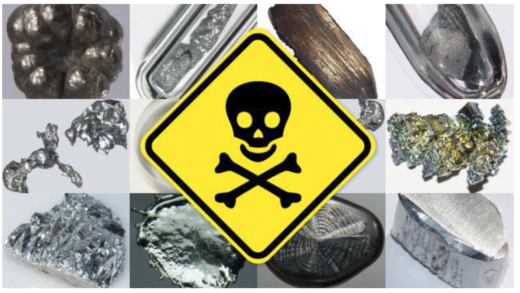Nutrition and Mental Health in Brisbane: Eat Plenty of Fat
One of the best tools that we’ve found to help with managing Post Traumatic Stress and improving mental health is our diet. The food we use to fuel our bodies is so important to the processes that happen in our brain.
Over the next few weeks, we want to talk about what we’ve learned as far as nutrition, and what is working for us. Feel free to reach out if you have any questions or want more details! KEEP IN MIND: we are not nutritionists or medical doctors, so be sure to consult yours before starting any new program.
EAT PLENTY OF FAT
When you eat a diet that is low in carbohydrates and high in fat (LCHF), your brain uses ketones (instead of glucose) for fuel. Research studies have shown improved brain function and memory associated with LCHF diets. We have certainly found that to be the case.
According to healthline.com, there are many other benefits to the brain from ketogenic or LCHF diets.
We’ve listed a few below for you along with the citations to the studies, but be sure to read the full healthline.com article HERE.
OTHER BRAIN BENEFITS:
- Memory. Older adults at risk for Alzheimer’s disease have shown improvement in memory after following a very low carb diet for 6–12 weeks. These studies were small, but the results are promising (43, 44).
- Brain function. Feeding older and obese rats a ketogenic diet leads to improved brain function (45, 46).
- Congenital hyperinsulinism. Congenital hyperinsulinism causes low blood sugar and can lead to brain damage. This condition has been successfully treated with a ketogenic diet (47).
- Migraine. Researchers report that low carb or ketogenic diets may provide relief to people with migraine (48, 49).
- Parkinson’s disease. One small, randomized control trial compared the ketogenic diet with a low fat, high carb diet. People who adopted the ketogenic diet saw a much greater improvement in pain and other nonmotor symptoms of Parkinson’s disease (50).
If you’re looking for more individualized help with nutrition, PTSD recovery or health coaching, be sure to reach out to us–we’d love to help!


